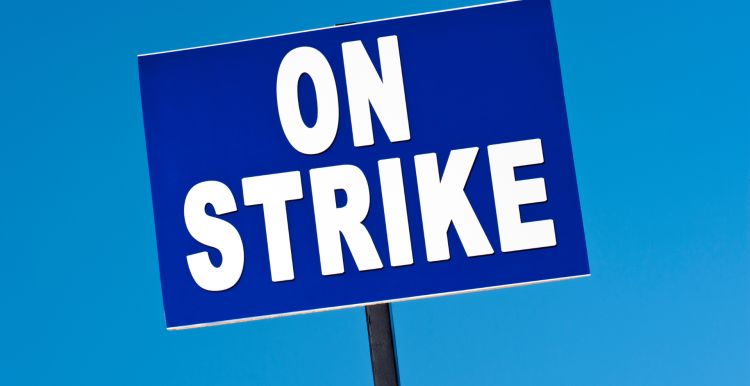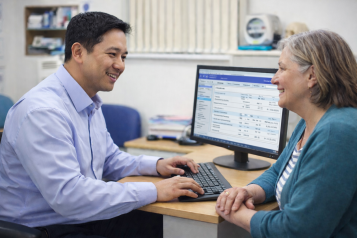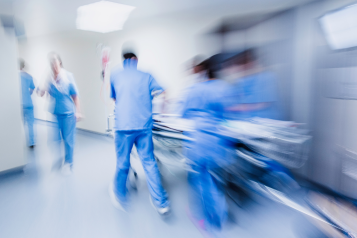Disruption to services expected during latest junior doctor strikes

Junior doctors at the Royal United Hospital in Bath, the Great Western Hospital in Swindon and Salisbury District Hospital will walk out at 7am on Saturday 24 February, and not return until 11.59pm on Wednesday 28 February.
During this time, disruption to pre-planned services is likely to be significant, but urgent and emergency care will continue, however people are advised that waiting times will be much longer than usual.
People can help to ensure those most in need are seen in the quickest possible time by only travelling to hospital for situations where the need for care cannot be delayed.
Patients due to visit hospital during the industrial action, such as for outpatient consultations or pre-planned operations, will be contacted directly if their appointment needs to be rearranged.
Those not contacted are advised to attend their appointment as usual, and to let the hospital know in advance if doing so is no longer possible.
People looking for help with urgent, but not life-threatening, healthcare conditions during this latest round of strikes, as well as in the days after, are advised to make use of the NHS 111 service, which is available online, as well as the over phone.
The service provides advice and information based on a person’s specific set of symptoms and can even, where appropriate, make referrals into nearby health and care services.
In addition, local pharmacies can offer a similar level of help, with pharmacists able to carry out private consultations, suggest possible treatment options and prescribe antibiotics for a limited number of common conditions.
Dr Barry Coakley, Deputy Chief Medical Officer, Bath and North East Somerset, Swindon and Wiltshire Integrated Care Board, said:
“Keeping urgent and emergency care services open during any period of prolonged industrial action is a real challenge, and the support of local people during these times is invaluable.
“Simple actions, such as using NHS 111 online for advice on where to go for help and care or visiting a pharmacy for information on how to care for mild symptoms at home, can really make a big difference to our colleagues on the frontline.
“What’s also really important is for people to carry on supporting us once the industrial action has ended, as we know the period immediately afterwards tends to be every bit as challenging as the strike days themselves.
“Helping a loved one home from hospital, by providing a lift, getting their home ready or collecting medication, means beds can be freed up quicker, and that any new patients needing admission can be taken to a ward, either from the emergency department or an ambulance, without delay.”

